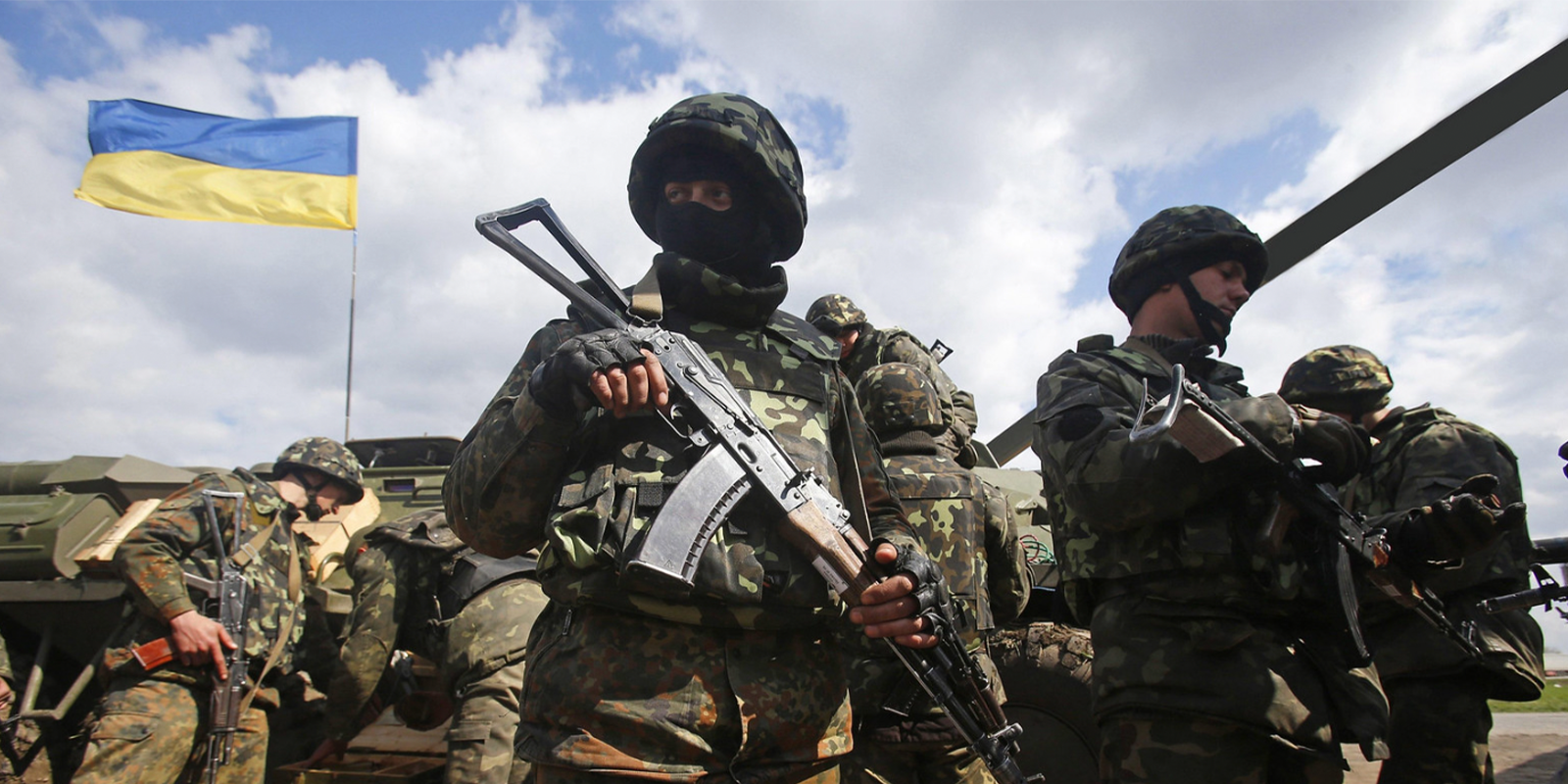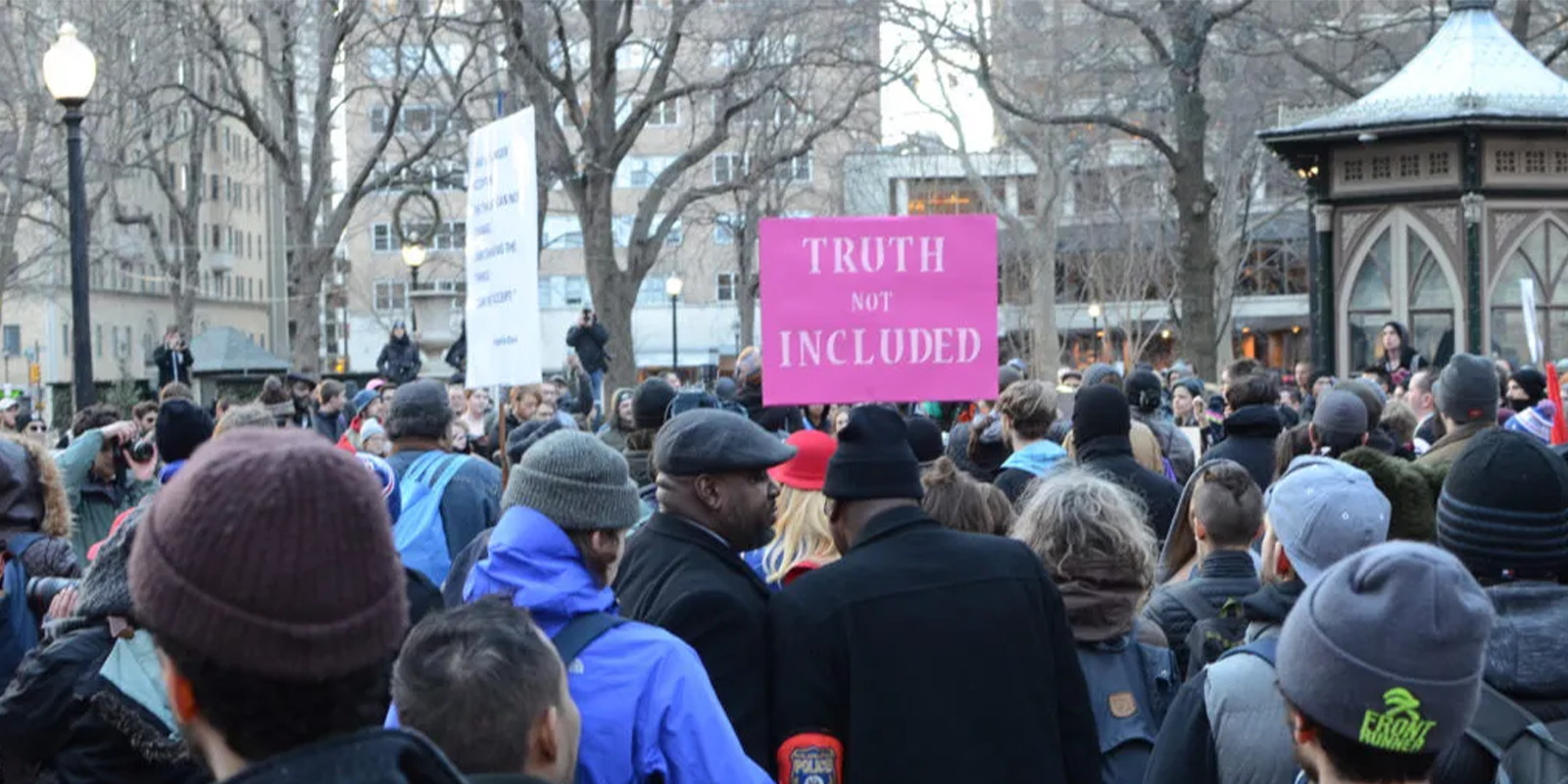News
The Return of History? No Future Guaranteed, No State a Spectator
Much depends on the way in which the war in Ukraine is concluded. The only thing we know for certain is that whatever the outcome, the world is rearming.

Research Director, The Brenthurst Foundation

Director, The Brenthurst Foundation

In 1989, Francis Fukuyama published The End of History? in The National Interest. In his seminal essay, published before the fall of the Berlin Wall, Fukuyama argued that, with the imminent collapse of the Soviet Union, the ideological alternative to liberalism in representative government and the market economy – in a word, communism – had been eliminated.
As a consequence, international relations would be overwhelmingly concerned with economic and technical matters and no longer with politics or strategy, thus reducing the chances of a large-scale, violent international conflict.
Fukuyama sensibly placed a question mark at the end of his title. While its economy opened up under pressure, China did not, however, liberalise its political environment. Authoritarians waited, adapted and came back in Russia and elsewhere, including in Africa. In the Middle East some wobbled, briefly, but an illiberal order remains more or less untroubled.
Now we may be seeing a return to history.
World rearming
Much depends on the way in which the war in Ukraine is concluded. The only thing we know for certain is that whatever the outcome, the world is rearming. This is likely not to be at the 2% of GDP levels much of the world has used as a benchmark over the past 30 years.
Only seven – the US, UK, three Baltic states, Greece and Poland – out of 30 Nato members spent at least 2% of their GDP on defence in 2022. The US spent 3.5%, Russia 4.1% and China 1.7%, though much expenditure in the latter may well be “hidden” in other industries.
Whatever the case, this is likely to increase substantially – in the West at least, more in the range of 4-5%. And China has already announced a 7.2% increase for 2023.
Victory by Russia would only amplify this trend. But that would not be all. Instead of an instinctive desire for accommodation, one could see a return to the Cold War doctrine of containment. It would largely be a return to realism, where the foreign policy would be guided less by moral principles than one’s own national interest.
Current developments remind us that history repeats itself, not least in the risks from conflict. Sparta and Athens fought it out for nearly 30 years from 431BC, only to exhaust themselves and for the Macedonians and then Romans to take advantage. Benito Mussolini appeared gloriously at the head of an apparently resurgent army 80 years ago, which quickly – Putinesque – proved hollow and inept.
If Russia wins…
Yet if Russia was to ultimately win (and it’s unclear what that would involve, save the collapse of the Ukrainian government), the strong would prevail over the weak, undermining both the principle of sovereign integrity and self-determination on which the current, rules-based international order is founded. The United Nations would be firmly shoved to the sideline in this play of power politics.
In this scenario, pluralism and multiculturalism, the means by which liberalism seeks to accommodate diversity, would also erode. In practice, this probably means less generosity towards immigrants and greater domestic pressure in their countries of origin.
On domestic economic systems, there can only be a greater clamour for state control, and state-run businesses, forgetting the inefficiencies, costs and contradictions of this model.
On domestic political systems, one will most likely see less space, more authoritarianism, more of the Russian model – and less tolerance of opposition with expanding opportunity to make, unchecked, obscene amounts of money.
Russia will complicate things in Sudan, for instance, even though it’s not alone. This is not helped, either, by Khartoum’s other partners, including the UAE, Saudi and Egypt, who fear a regional democratic success story.
If democracy is possible in Ukraine, then democracy is possible in Russia. If democracy is possible in Sudan, then democracy is possible in Egypt, Saudi Arabia and the UAE.
On aid, a return to (Cold War) history, will see development assistance allocated with less consideration for political and human rights niceties, but dependent on the professed loyalty of the partner – the sort of thinking that got the US into bed with Mobutu Sese Seko and the Soviet Union with Mengistu, among others. There is also likely on balance to be a downturn in aid volumes, given Western defence needs.
The African states that work harder at cultivating international relations will get more. On the flip side, expect less interest in those that don’t, and, as a consequence, more Sudans.
Ambivalence to Western interests could, in this atmosphere, have a real cost, and it’s unclear that China (which hitherto has been willing to loan but not grant aid) and Russia are in a position to step into the gap.
In this scenario of Russian victory and collapse of the Ukrainian government, nuclear weapons and their doctrine of containment become once more in vogue, particularly for those states on the frontline against Russian aggression – Poland and the Baltics included. And it’s worth asking whether Poland (and the Baltics) would simply watch Ukraine’s collapse without intervening to ensure that Russian forces are not parked up against their border.
If Ukraine wins…
If Ukraine wins, the manner of victory similarly matters. If Russia simply packs up and goes home, declaring the attainment of its objectives in its “special military operation”, then expect increased Western defence expenditure regardless, not least given China’s strategic posture. The same with a peace agreement.
If Russia is defeated on the battlefield and Putin falls as a consequence, then it’s less a return to history than a step towards the end of history, perhaps. Much would depend on who – and what sort of system – follows the big man.
If Ukraine was to prevail, then the path towards the expansion of European integration is clearer – with a caveat. If Ukraine was to emerge in the manner of its pre-war character as a corrupt, oligarchic state, it’s one thing, and unlikely to encourage closer European integration – or at least make it very problematic. Such an outcome will also give the naysayers ammunition on the Ukrainian mission per se, which no doubt some parties will be endeavouring to fuel.
China
Whatever happens, China is becoming more influential because the longer Russia is involved in Ukraine, the weaker Russia becomes in regions that an energy-hungry China is moving into, including in Central Asia, Siberia and the Far East.
Of course, China’s path is also littered with “what if’s”, not least about Taiwan, which will be influenced by Russia’s fortunes in Ukraine as much as it will by America’s guarantees and utterances.
Even in the case of a Russian victory, some aspects will continue to drive global co-operation: for example, the need to maintain transnational capital flows and keep markets open. Global warming is another shared concern, as is the need for collaborations around pandemics, terrorism, and air and maritime safety.

Ukrainian counter-offensive
In the interim, between these two overall scenarios, there are questions about the near future, in particular about the passage of the anticipated Ukrainian counter-offensive this summer.
A successful Ukrainian operation, focusing on the Crimean peninsula, is a worst-case scenario for Putin. Equally, as Robert Kaplan has noted, the worst-case scenario for Ukraine is a failed counter-offensive that would force an armistice on unfavourable terms, which it is doubtful President Zelensky would, in the aftermath of all the spilt blood, survive.
Overall, until now, the strategic effect of the Russian invasion has been to slow globalisation, already retarded by the pandemic, to what General David Petraeus, former Commander of ISAF in Afghanistan and Director of the CIA, described to the recent Delphi Forum in Greece as “an era of renewed great power rivalries”.
European unity
Yet, at the same time, Moscow’s invasion has also contrastingly produced unity in Europe, revitalising Nato.
“I have never seen the European Union more united than at the moment,” noted Alexander Stubb, former prime minister of Finland, at the same event.
“This is a tectonic shift,” said Stubb of the changes within the EU following the Russian invasion of Ukraine. “It unifies in a way that has not happened before.”
Finland and Sweden applied to join Nato in the wake of the Russian invasion, highlighting the extent of Putin’s strategic miscalculation, and Russia’s isolation.
Fukuyama’s use of a question mark highlights the caution behind his otherwise bold hypothesis. He was correct in doing so. The conditions produced by the end of the Cold War seemed to have lulled many into a false sense of superiority and security. Yet history never ends, since it is made by people.
The return of history reminds us of this continuum, in which no future is preordained and no state a mere spectator.
Countries have agency, even small countries, a strength that the Baltics especially have shown over the past year.
African policy-makers would do well to think of how to respond and position themselves within this changing order, rather than simply playing the tired card of victimhood.
This article originally appeared on Daily Maverick.

